Geologists Discover Prehistoric River Under Antarctic Ice Sheet
In an exciting revelation, geologists have uncovered the remnants of an ancient river system beneath the West Antarctic ice sheet.
This prehistoric river once flowed for nearly a thousand miles, offering a fascinating glimpse into Earth’s distant past.
Journey Through Time
The river system dates back to the middle-to-late Eocene epoch, around 34 to 44 million years ago.

Source: Freepik
During this period, Earth experienced significant climate changes, transitioning from an ice-free world to one dominated by glaciers.
A River's Path
The ancient river traversed approximately 930 miles (1,500 kilometers) across Antarctica.
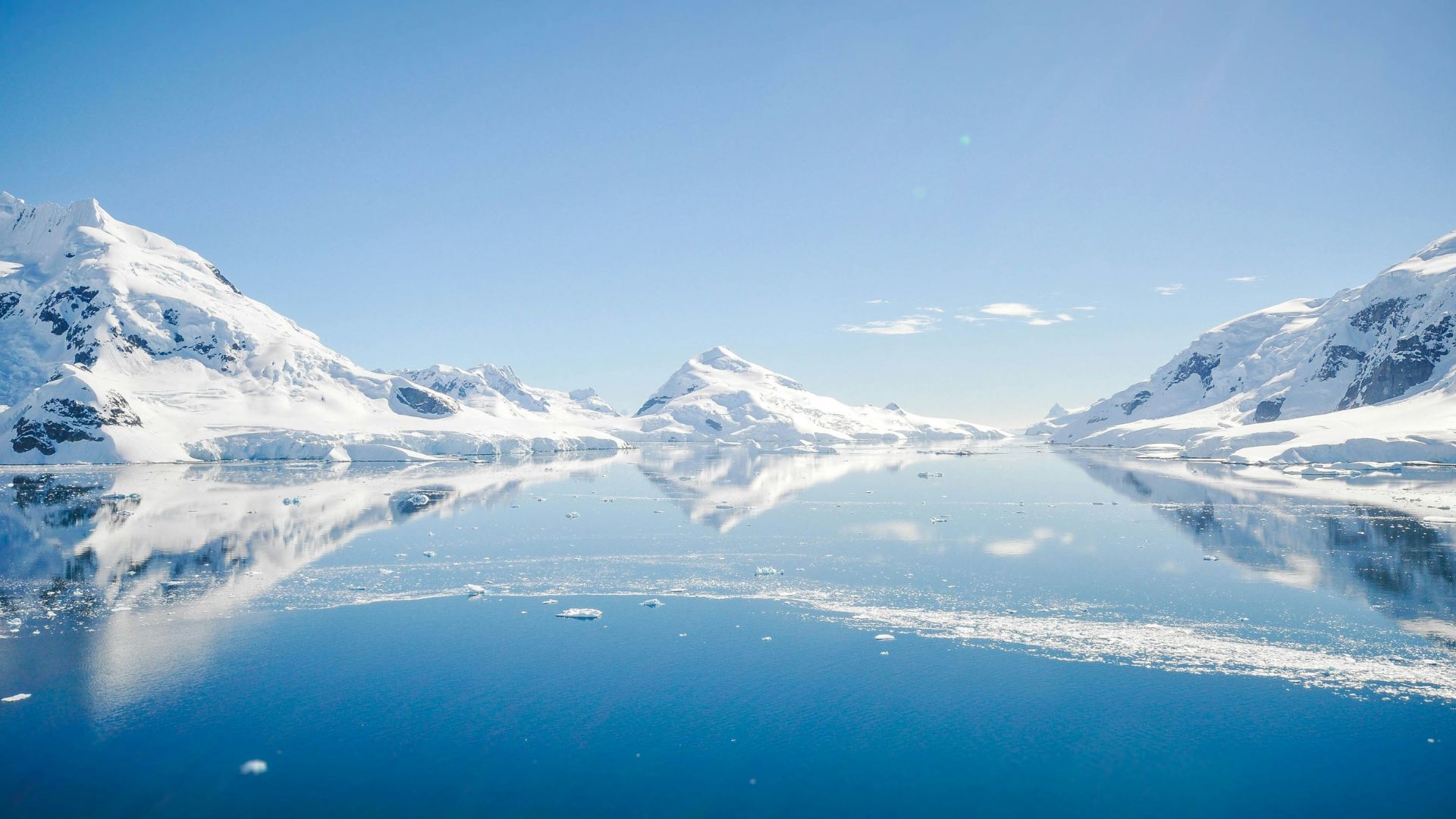
Source: henrique setim/Unsplash
This vast river system eventually drained into the Amundsen Sea, carving a path through what is now a frozen landscape.
Uncovering Sediments
Geologists led by the study’s co-author and sedimentologist, Johann Klages, embarked on a 2017 expedition aboard the research vessel Polarstern.
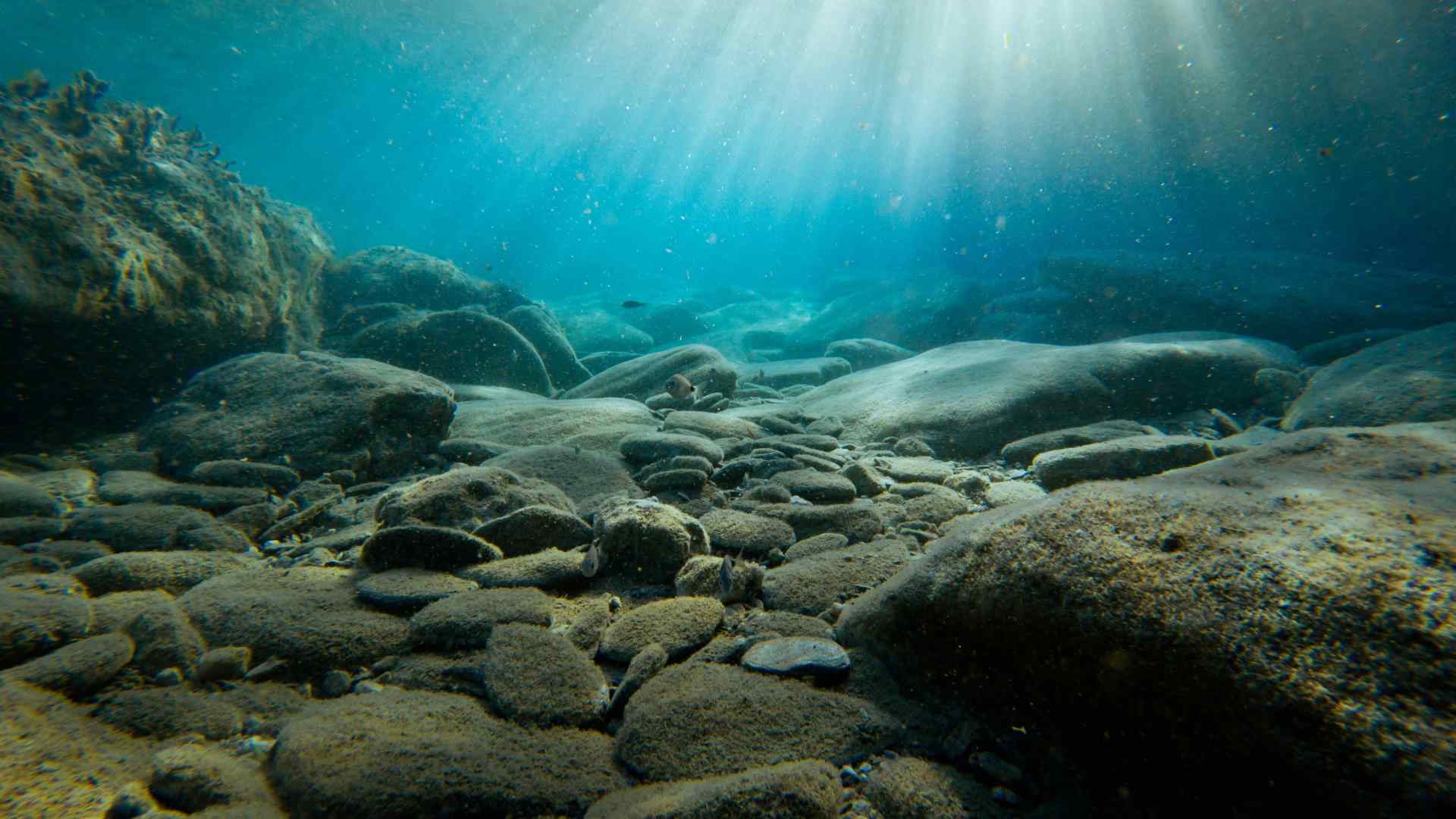
Source: Yannis Papanastasopulos/Unsplash
Their mission: to drill into the seafloor and retrieve sediment cores that could reveal clues about Earth’s climatic history.
Sediment Secrets
By analyzing the sediments, the team discovered layers from two distinct periods.

Source: Freepik
The lower sediment layer, dating back to the mid-Cretaceous period, contained fossils of a temperate rainforest, indicating a much warmer climate.
Evidence of a Delta
The upper sediment layer, from the Eocene epoch, showed patterns resembling a river delta.
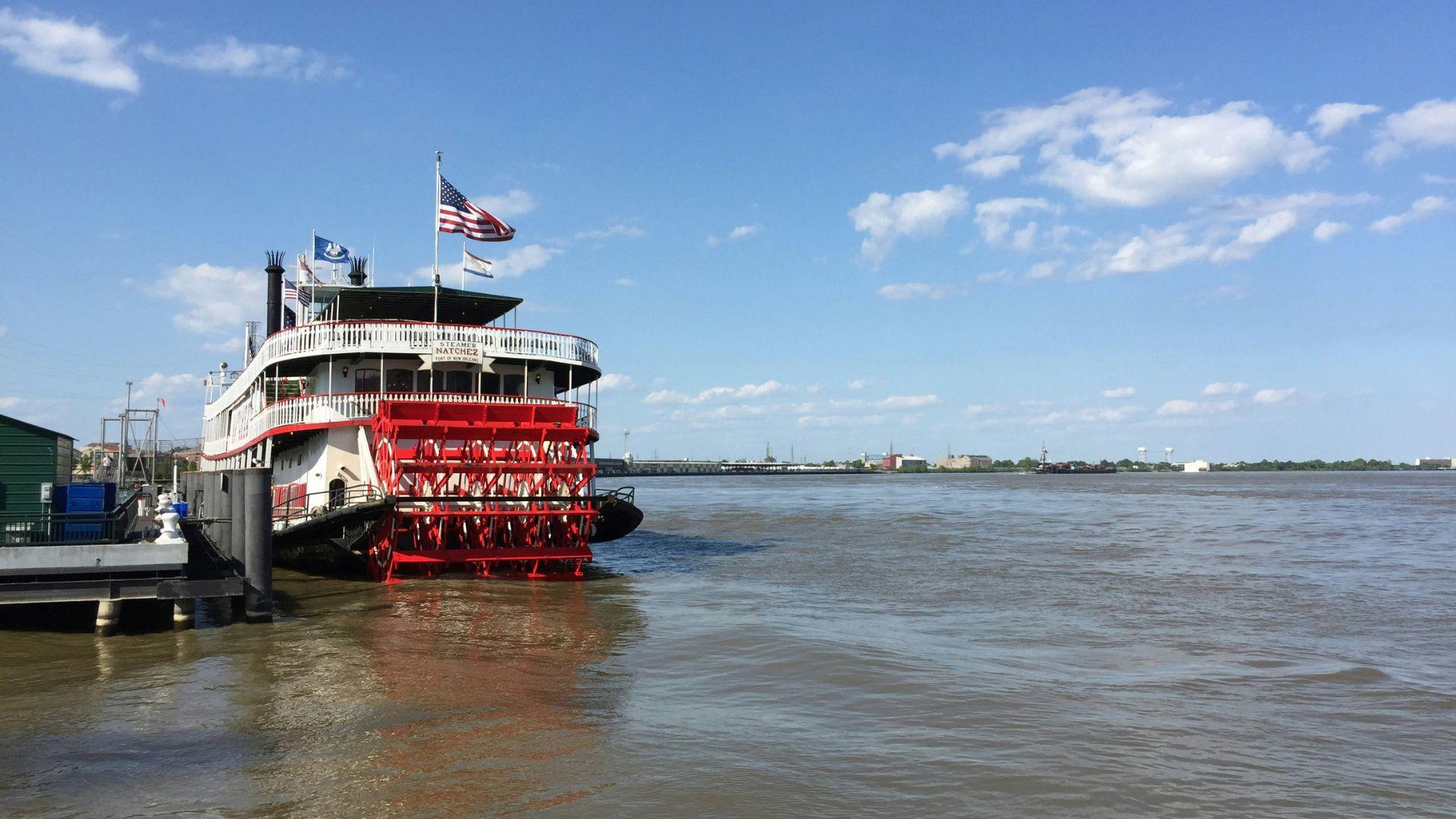
Source: Tomas Martinez/Unsplash
This finding was similar to deltas seen in major rivers like the Mississippi and Rio Grande, suggesting a significant ancient waterway.
Biomarker Analysis
To confirm their suspicions, the scientists conducted a lipid biomarker analysis.

Source: Freepik
They found unique molecules from freshwater cyanobacteria, which lived in the ancient river, further supporting the existence of this prehistoric river system.
Climatic Implications
The discovery provides crucial insights into past climate events.

Source: Sarah Brown/Unsplash
The Eocene epoch had carbon dioxide levels almost double those of today, similar to what we might expect in the next 150 to 200 years if greenhouse gas emissions continue to rise.
Learning from the Past
Johann Klages emphasized the importance of learning from Earth’s history, stating, “If we think about potentially severe climate change in the future, we need to learn from periods in Earth’s history where this already happened.”
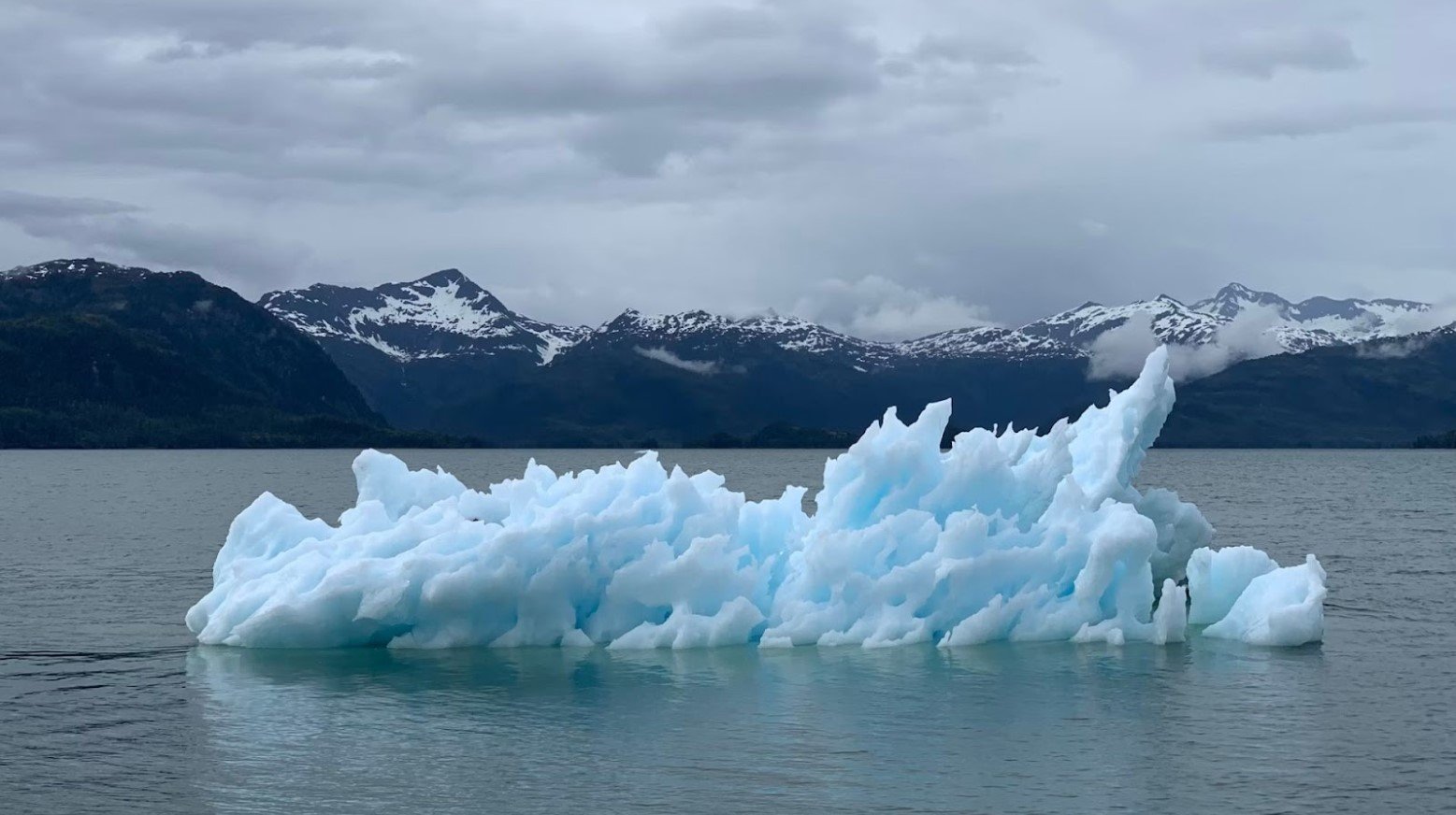
Source: Melissa Bradley/Unsplash
“This is exciting — just having this exciting image in your brain that there was this gigantic river system flowing through Antarctica that is now covered by kilometers of ice.”
Future Research
The team is now examining sediments from the Oligocene-Miocene period, about 23 million years ago.

Source: Wikimedia
These findings will help refine climate models, improving our understanding of future climate scenarios.
Challenges of Exploration
Exploring West Antarctica is no easy task. Most of the region is covered in thick ice, making it difficult to access sedimentary rocks.
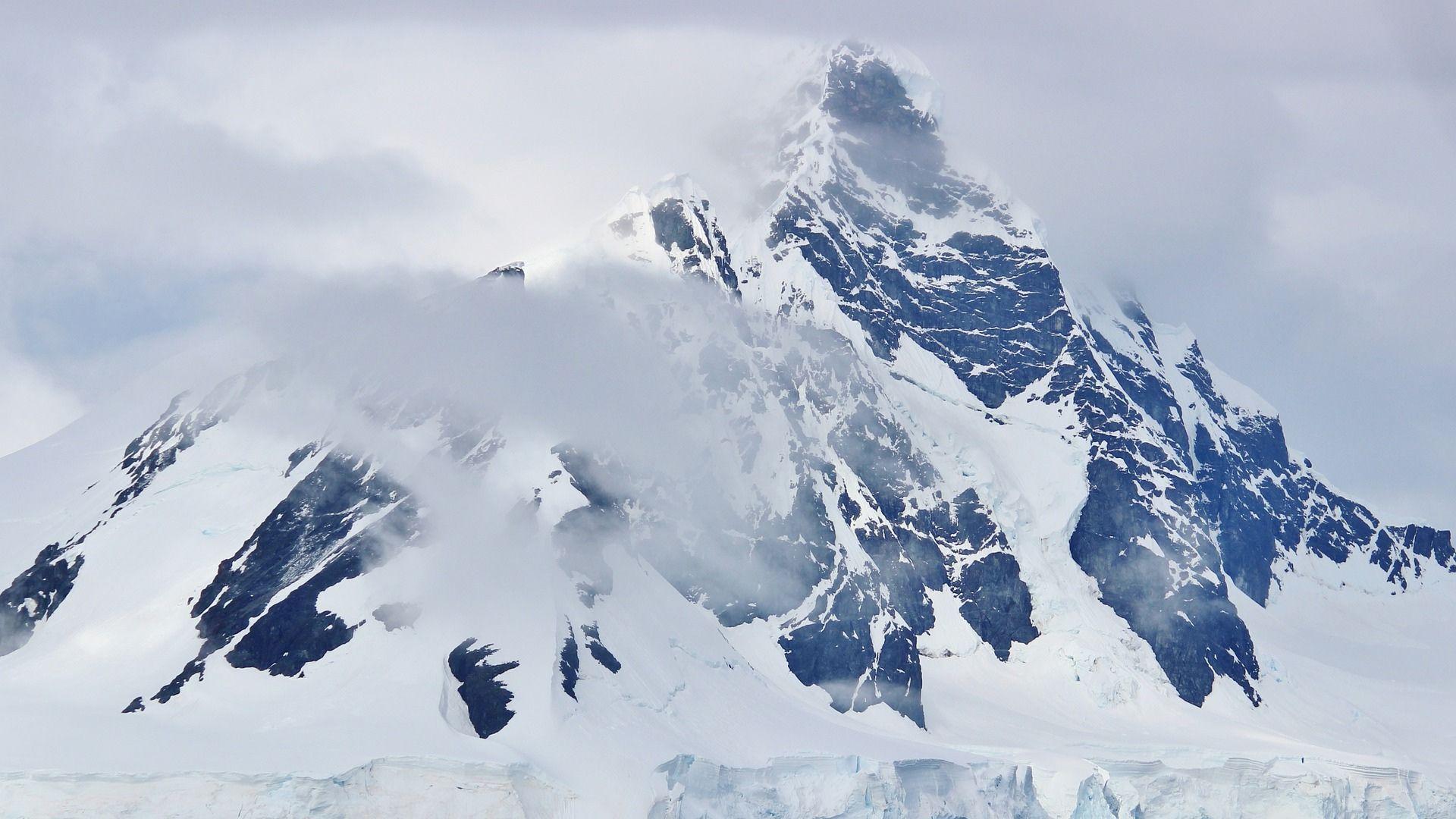
Source: Michelle Raponi/Pixabay
Despite these challenges, the 2017 expedition successfully retrieved valuable samples.
A Glimpse into Earth's History
This discovery not only sheds light on Antarctica’s past but also highlights the planet’s climatic volatility.
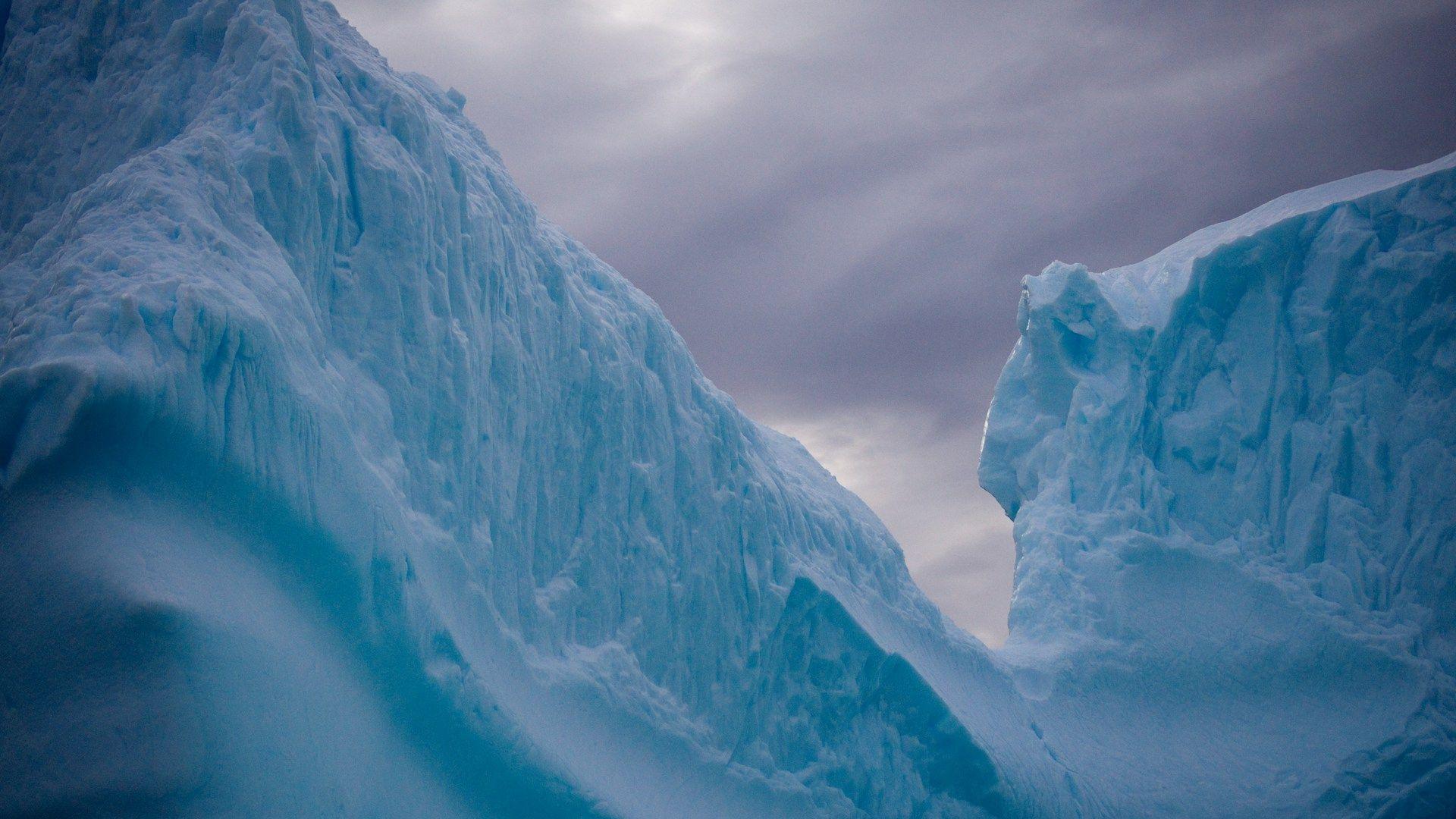
Source: Torsten Dederichs/Unsplash
Understanding how Earth responded to past climate changes can guide us in addressing current and future environmental challenges.
